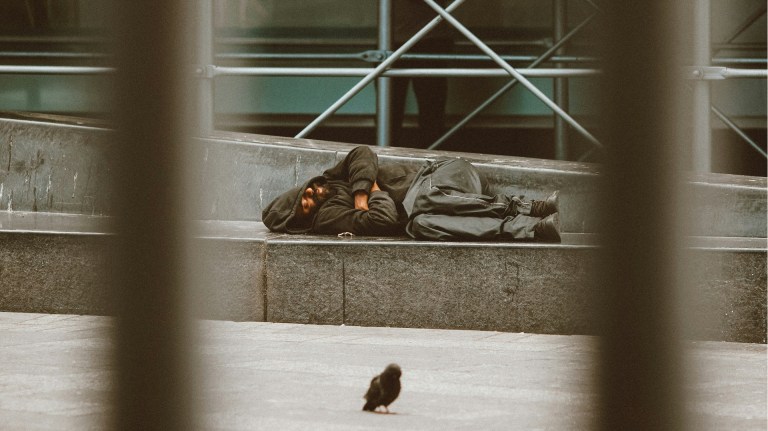While its adaptive clothing range will be welcomed by many, there just aren’t enough fashion retailers that address the needs of people living with frailty.
More than four million UK adults care for elderly relatives – many of whom are still proud, fashionable individuals. During my 30-plus year career as a GMC registered medical doctor and through founding Carents – a UK social enterprise dedicated to supporting adult children caring for their ageing parents – I know there are many carers who are left struggling with clothes that are ill-fitting, dated and unsuitable.
These individuals often come to us telling us that they don’t have a dedicated place to shop for adaptive clothing – some have even had to resort to making the alterations themselves. In fact, in a recent survey 83% admitted that their loved one had considered not leaving the house due to feeling self-conscious about their clothes.
But it doesn’t have to be that way.
Fashion needs to be able to evolve with our lives – with our changing bodies, health and confidence – yet the industry treats our ageing population as though they are invisible. And the reality is with one in four UK adults set to be over 65 by 2050, and nearly half of them living with a disability, the stakes couldn’t be higher.
The UK fashion and textile industry is one of the largest sectors in the country and its influence extends around the world. According to a report commissioned by UKFT, the industry directly supported a £62 billion contribution to UK GDP. In the wake of London Fashion Week, where many high-street and designer brands will have been in the spotlight, we must ask, how many, if any, offer truly inclusive fashion items. And of those few, who genuinely offers adaptive clothing options for the ageing population?
Advertising helps fund Big Issue’s mission to end poverty
At Carents, we are calling on the fashion industry to start designing clothes that are both stylish and practical – because being older or needing extra support shouldn’t mean giving up on looking good.
When we surveyed over 80 adult carers in April 2025, more than half (51%) said they believe the availability of stylish, adaptive clothing would make a “huge difference” to the lives of their loved ones. That’s why, earlier this year we partnered with the iconic British fashion house, Barbour, and Northumbria University to challenge the next generation of fashion designers to create stylish clothing that breaks boundaries, restores people’s dignity, and supports those living with frailty.
The campaign saw bold, beautiful new designs come to life, including trousers with absorbent linings for those living with incontinence, discreet zips and pockets to accommodate medical tubes and stoma bags, and adaptable garments that can be put on with minimal effort – all without compromising on flair. But our work doesn’t stop there.
Ultimately just because someone is getting older or needs care, doesn’t mean they stop caring about how they look. I would urgently implore fashion retailers to take a fresh look at their clothing ranges to ensure everyone, irrespective of their life stage, is catered for – because no one should have to choose between dignity and design.
Dr Jackie Gray is the founder of Carents – a UK social enterprise dedicated to supporting adult children who care for ageing parents.
Do you have a story to tell or opinions to share about this? Get in touch and tell us more.
Advertising helps fund Big Issue’s mission to end poverty
Reader-funded since 1991 – Big Issue brings you trustworthy journalism that drives real change.
Every day, our journalists dig deeper, speaking up for those society overlooks.
Could you help us keep doing this vital work? Support our journalism from £5 a month.





